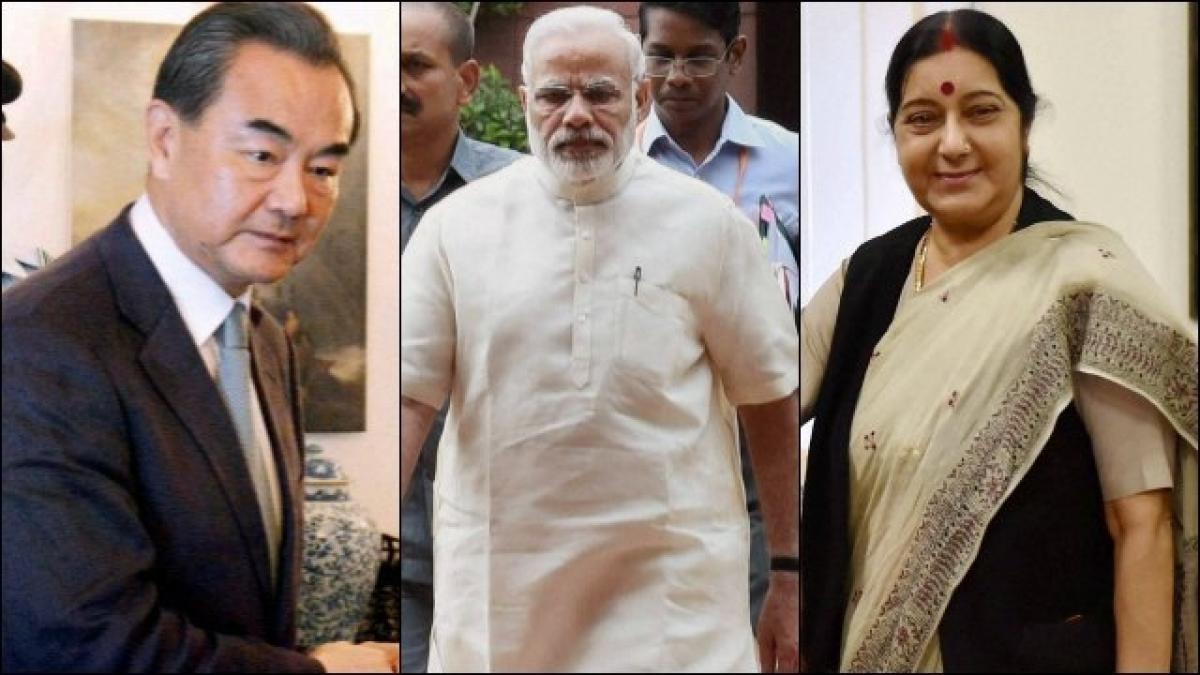Live
- India Open Competition in Shotgun begins in Jaipur, paving way for Nationals' qualification
- Black Friday 2024: History, Importance, and What to Expect
- Indian healthcare market projected to reach $638 bn by 2025: Report
- Tollywood Actor Penmetsa Subbaraju Ties the Knot in an Intimate Beach Wedding
- India launching its first-ever auction of undersea mineral blocks for mining
- Maganur Incident Sparks High Court's Fury: Officials Under Fire for Inaction
- Wanted Maoist Commander Chhotu Kharwar killed in infighting in Jharkhand
- G7 foreign ministers urge Israel to comply with international law
- Mewar royal family dispute: Vishvaraj Singh visits Eklingji temple
- Ben Stokes reveals he opted out of IPL auction to prolong England career









